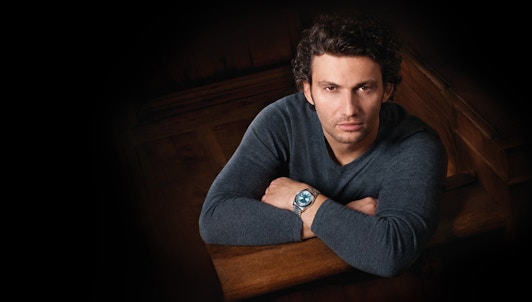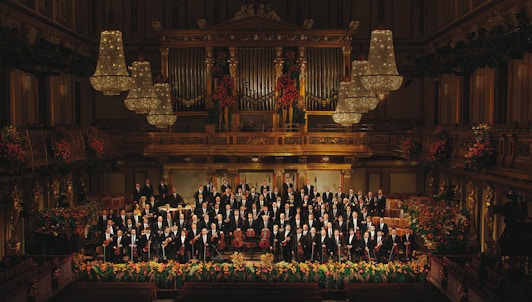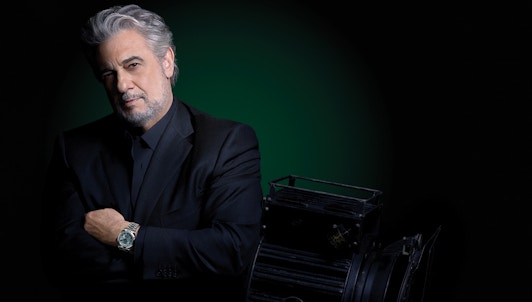Unterweger was imprisoned for murder but became a poet and writer while serving his sentence; critics loved him and intellectuals and politicians eventually got him a pardon, claiming he was an example of 'rehabilitation.' Once free, Unterweger became a journalist and a sought-after lecturer. As well as a multiple murderer. Caught and convicted again, he took his own life.
If the play's plot is intriguing so is its format: it includes an on-stage Baroque orchestra, operatic arias and sopranos voicing the rage, despair and thirst for revenge for the victims. Some say it's the birth of a new genre. Unterweger is played by none other than stage and screen great John Malkovich. He says he relished the role: "I like new forms, I like new challenges, I like anything where I know I can fail every second. I have a ton of respect for Martin Haselböck, the conductor, and Michael Sturminger – I think he's one of the first directors who understands that theatre is a wave: you've just got to hope to catch the wave, you hope there is one, you hope to catch it, you hope to ride it."
World-renowned conductor Martin Haselböck met Malkovich in Los Angeles and soon they were discussing the possibility of a new type of show. He told us: "We tried to find a way of combining his stage acting, not his movie acting, [with] really strong music, which is so strong that it cannot be crushed even by the art of John Malkovich. "I think the connection of highest quality classical music with very strong opera singers, juxtaposed to his art of acting, creates this high tension atmosphere which for me is specific [to] this piece." Failure, defeat – possibly Man's most assiduous feeling in life. But what is failure for John Malkovich? "To me it's my brother, my mother, my father, my closest friend… I fail every night, I fail…. most things I ever did, everything I ever touched, I'm so used to it…I concentrate on whether I could do better."
The arias heard during the item are "Sposa son disprezzata" by Antonio Vivaldi, "Ah, perfido" by Ludwig van Beethoven and "Ah, lo previdi" by Wolfang Amadeus Mozart.
http://www.euronews.net/



